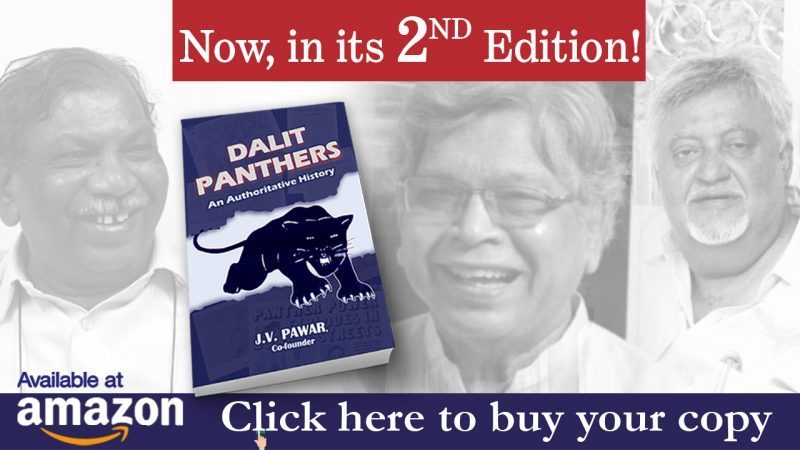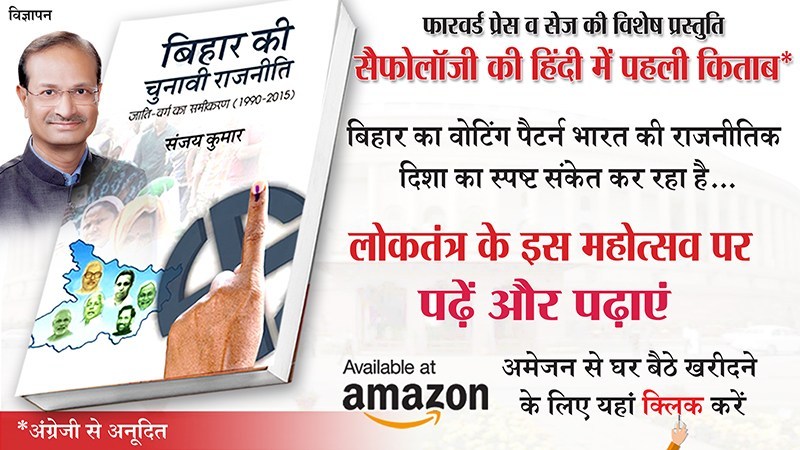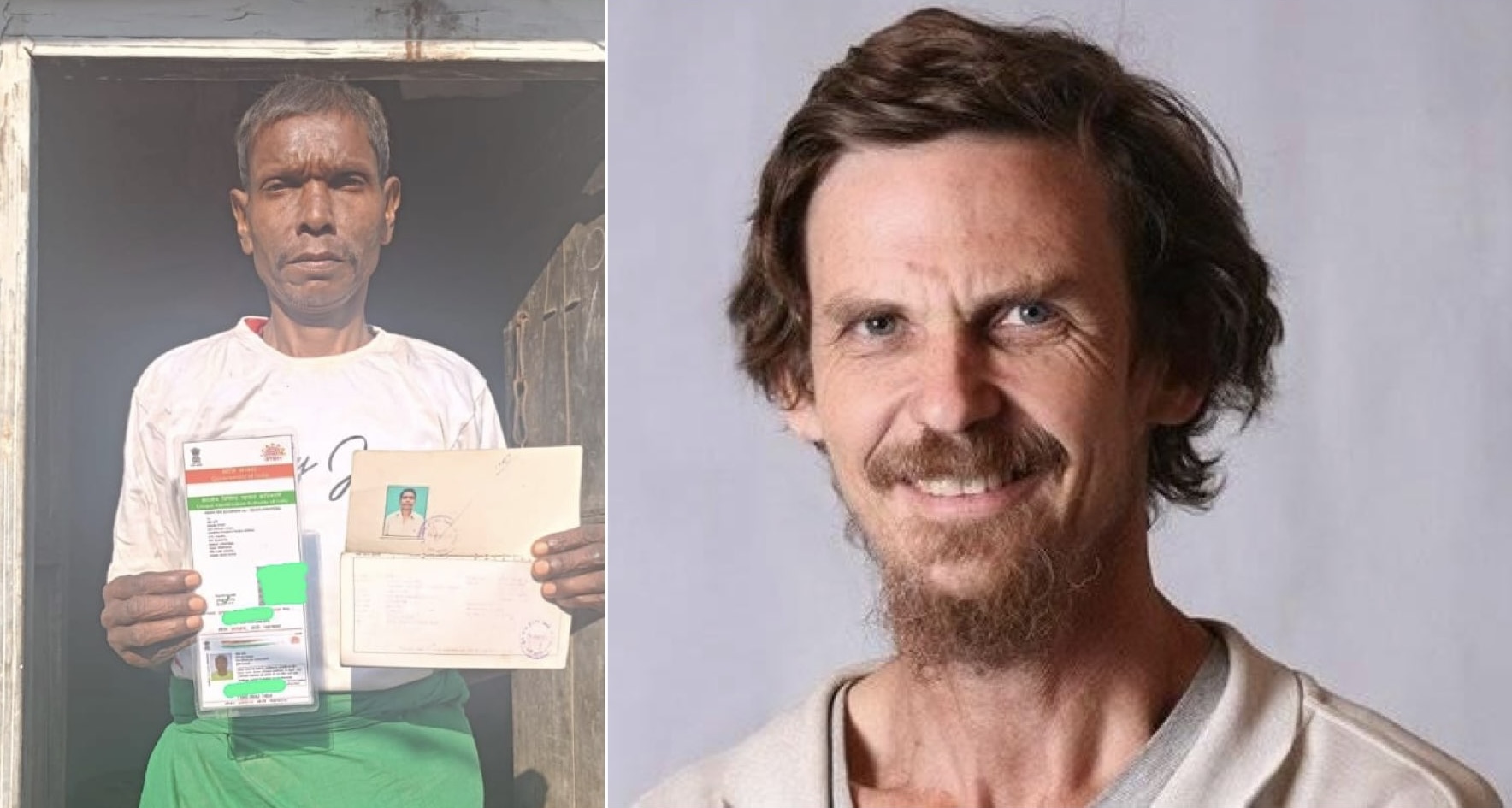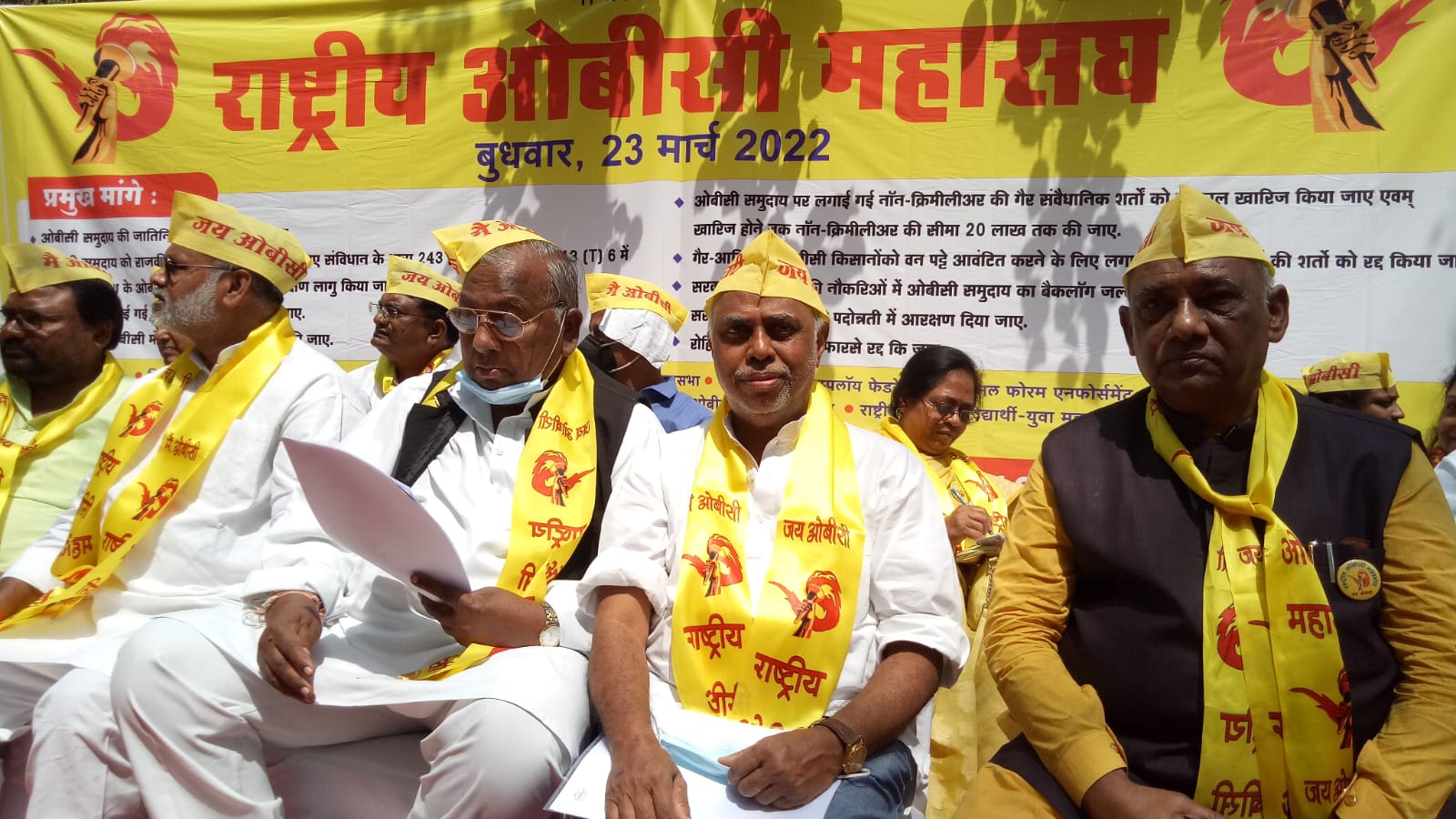Behind the scenes
There are many people who may not constantly make the newspaper headlines, but their works have a significant influence on today’s socio-cultural and political world. This space is for the views on Dalitbahujan issues of such people who work behind the scenes. Here, Congress Rajya Sabha member P.L. Punia speaks with Kumar Sameer. Readers’ reactions on the ideas expressed here are welcome. – Managing Editor
Central government’s claims on reservations hollow
Panna Lal Punia is a Rajya Sabha member from the Congress. He was the chairman of the National Commission for Scheduled Castes from 2013-2016. Kumar Sameer talked with him on a wide range of issues, including reservations for Bahujans. Punia believes reservation is indispensable for bringing the Bahujans into the social mainstream and that is the reason Constitution mandates it. This system needs to be strengthened and any attempt at weakening it should be opposed tooth and nail by the Bahujan community. Edited excerpts of the conversation:
Kumar Sameer: What is your take on the reservation policy of the Modi Government?
P.L. Punia: The fact is that the present central government has done precious little as far as reservations go. The government is, of course, making a lot of noise to convince the Bahujans that it is concerned about them. But the Bahujans know very well whom it is really concerned about. The Bahujans won’t fall into their trap.

Sameer: How many marks out of ten would you give this government?
Punia: I don’t want to get into this. It is the job of media persons like you to find out whether the government is actually doing what it is claiming. If you report from the ground, you will come to know how many marks should be given to this government.
Sameer: Fine. Could you say what all you find wrong in the policies of this government?
Punia: Ground reporting will reveal how effective the government’s reservation policy is. But if you want an answer from me, broadly, I would say that government policies are flawed and will do no good to the Bahujans. You may be deluded into believing that they will benefit the Bahujans but that is not true.
Punia: I ask you: What is the objective of providing reservations? Isn’t it to bring the communities that have been exploited for centuries into the social mainstream? Has the government been able to do it? My straight and emphatic answer is no. Now, you may want to know the basis of what I am saying. The fact is that had the reservation policy been implemented sincerely and with political will, its positive results would have come to the fore.
Also read: Sunil Ambekar: Development of Dalits and OBCs cannot be achieved in fragments
Sameer: So, you are saying that the government is only showing off?
Punia: It is not a question of me saying it. It is self-evident. I can feel it, I can see it. And not only me, but the entire Bahujan community can see it.
Sameer: Could you give an example to make yourself clearer?
Punia: If backlog vacancies are not being filled, is it not a failure of government policy? Then, lateral appointments are being made, throwing all rules to the winds. Some time ago, the union government appointed joint secretaries, directors and deputy directors through lateral entry? Isn’t this a clear attempt at sidestepping reservations?
Sameer: Where else is this being done?
Punia: There are already very few vacancies in the government. And they, too, are being filled up through outsourcing. The Railways were one sector where plenty of jobs were available. But there too, many departments have been handed over to the private sector in the PPP (Private Public Partnership) mode.
Sameer: What should we conclude from this?
Punia: Clearly, the government is going for privatization in a big way. We all know that there is no provision for reservations in the private sector. We have no hesitation in saying that privatization is being done only to avoid giving reservations.
Sameer: Last question. Do you have any message for the Bahujans?
Punia: The Bahujans should examine these things minutely. And they will realize that what is being claimed by the government regarding reservations is not true. Let them not fall for the empty rhetoric – the “jumlas”. They should understand the reality. And if they find any irregularity or even the slightest possibility of an irregularity being committed, they should oppose it with all their might. They should ensure that the anti-reservation forces do not have their way. For instance, if the 13-point roster system had not been opposed, the 200-point system would not have been restored. We all know how the 13-point roster would have hit reservations. Enough has been said about it.
Translation: Amrish Herdenia; copy-editing: Anil
Forward Press also publishes books on Bahujan issues. Forward Press Books sheds light on the widespread problems as well as the finer aspects of Bahujan (Dalit, OBC, Adivasi, Nomadic, Pasmanda) society, culture, literature and politics. Contact us for a list of FP Books’ titles and to order. Mobile: +917827427311, Email: info@forwardmagazine.in)
The titles from Forward Press Books are also available on Kindle and these e-books cost less than their print versions. Browse and buy:
The Case for Bahujan Literature
Dalit Panthers: An Authoritative History
Mahishasur: Mithak wa Paramparayen
The Case for Bahujan Literature
Dalit Panthers: An Authoritative History








